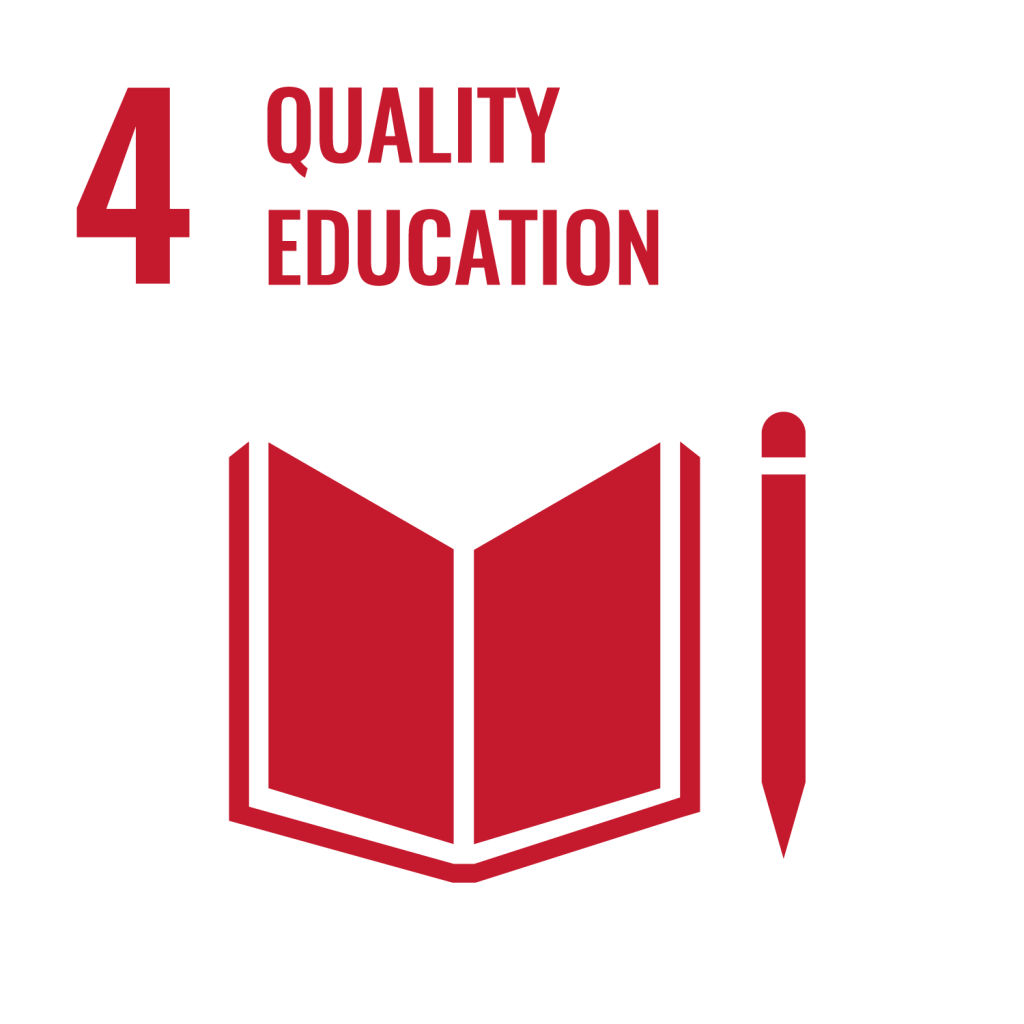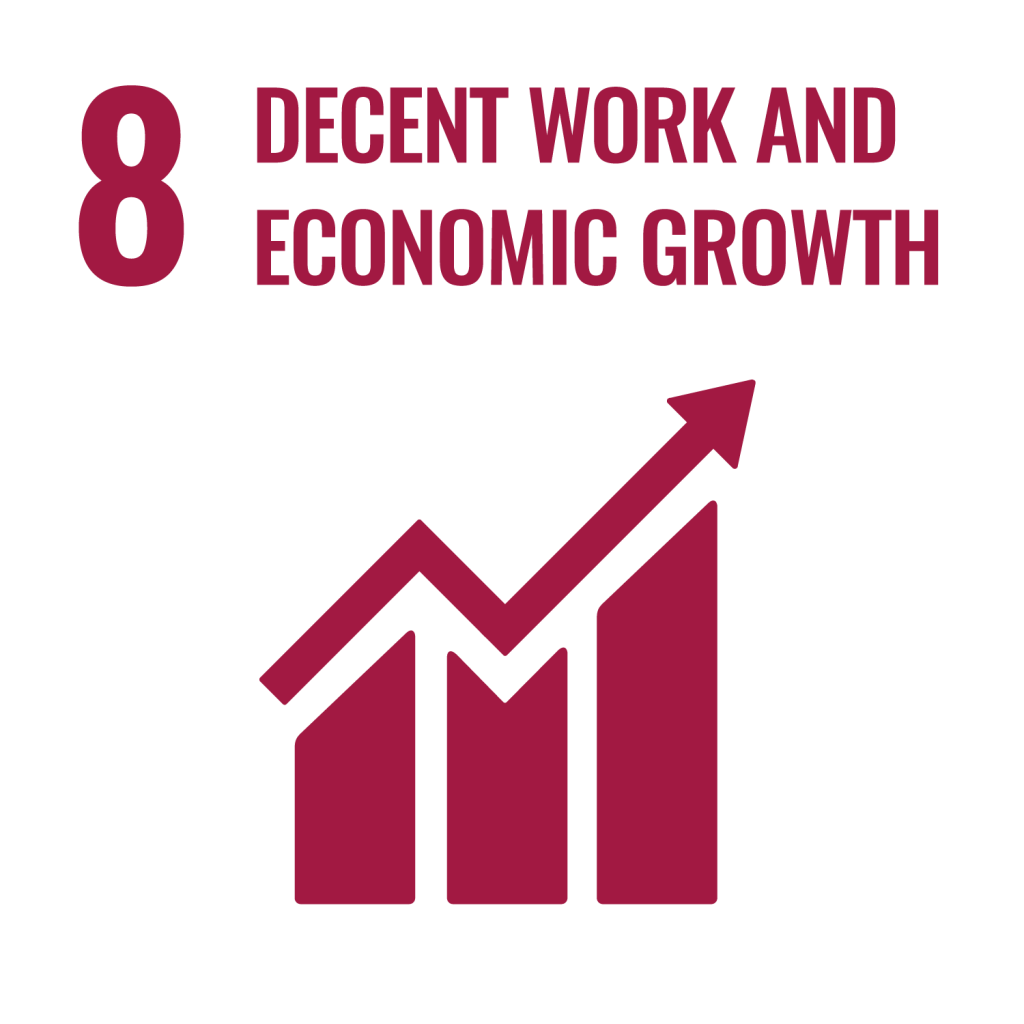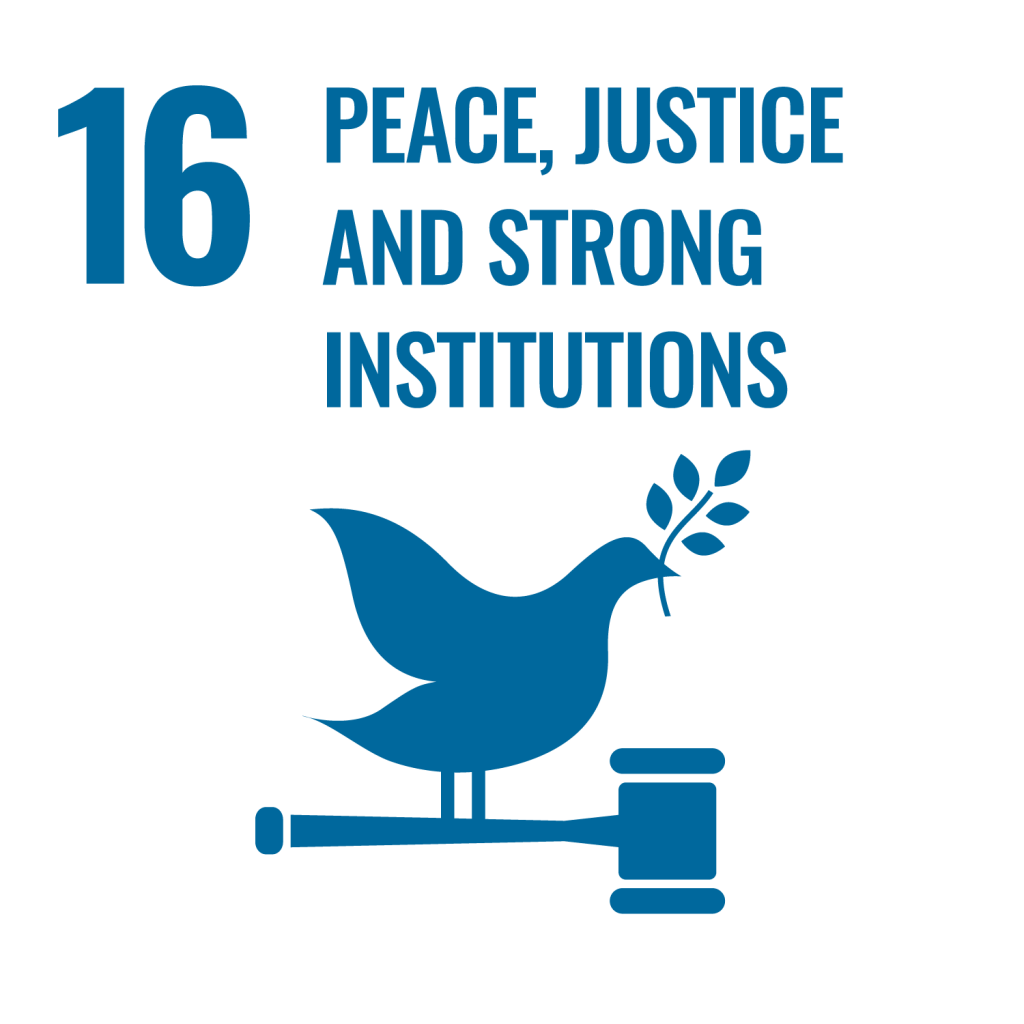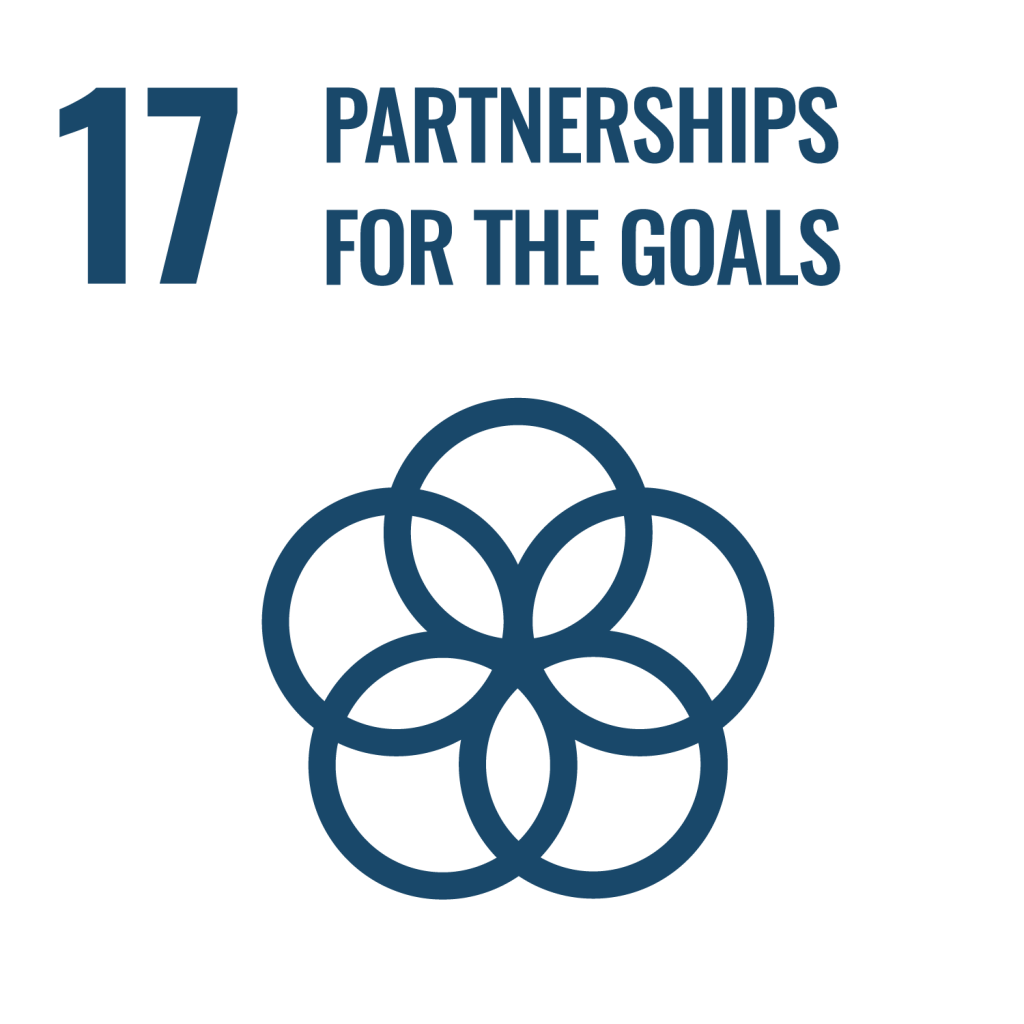Nigeria returns thousands of incarcerated individuals to society each year. While this may indicate an end to their detention, it is only the start of their journeys, which are often fraught with several difficulties.
The unfortunate hallmark of transitioning into society is the uncertainties that it comes with. Several returning citizens are ostracised by their families, stigmatised by employers, crippled by poverty and frustrated by the depleting economic climate.
As such, systemic reintegration must be recognised as a crucial part of our justice system. Nigeria’s criminal justice reform must go beyond the four walls of the Court and the correctional facility. In this article, we outline the steps that have helped us successfully reintegrate members of our formerly incarcerated community.
Preparation Must Start Before Release
Reintegration often fail due to the lack of structured preparation before release. Incarcerated individuals are released with no intentionality as to their reintegration. Then they are often left exposed and vulnerable, leading to recidivism not by choice but due to systemic failures.
At CELSIR, we engage returning citizens in basic education, vocational training, mental health screenings, and life skills training. The National Correctional Service already has a mandate for rehabilitation. The future is to have rehabilitation lead to successful reintegration, and the future is attainable through strategic partnerships with CSOs, religious groups and technical for-profit organisations.
Without Shelter, Reintegration Fails
One of the greatest challenges for returning citizens in Nigeria is the housing challenge. They are often kicked out by their families or lose their residences while incarcerated. Some end up on the streets or in dirty and unsafe environments. Our Ruby House serves as a safe halfway home for returning women and their children. The Government and other CSOs may explore similar housing developments to help more returning citizens. Stakeholders must also contribute to raising awareness to end the stigma against returning to residential society.
Livelihood Builds Dignity and Direction
Nigeria struggles with high unemployment rates, and it only gets worse for formerly incarcerated individuals. The industries perpetrate stigma by discriminating against people with lived experiences. To cushion the burden for our community, we advocate for inclusive labour market policies by providing in-prison and post-release entrepreneurship development, microcredit for small businesses, and entrepreneurship development. Legislation must be reviewed to protect justice-involved persons from discrimination in labour.
Health and Mental Wellbeing Cannot Be Ignored
The holistic health needs of formerly incarcerated individuals are rarely addressed in our society. They often have untreated depression, trauma, or addiction issues. Health services in correctional facilities are typically inadequate. Thus, there needs to be strengthened collaboration between correctional services and the health sector. Clinics in rural communities ought to have psychological support and substance abuse counselling available. Peer support groups and religious counselling can also aid emotional healing in integrating into society.
Families and Communities Need to Be Included
Reintegration cannot happen in isolation. One of the most painful and damaging effects of returning citizens is community and familial rejection. In some communities, being incarcerated is tantamount to total societal ostracisation. We ought to advance healing and acceptance in society. Community dialogue forums, led by traditional leaders, religious leaders, and civil society actors, can be utilised to re-establish trust. Reintegration programs should seek to restore relationships before the release of incarcerated persons.
Post-Release Supervision
Nigeria’s probation and parole systems are underdeveloped and under-resourced. There are few support systems available to keep returning citizens in line and pointed in the right direction. Community-based supervision should be supportive, not punitive. Parole officers can serve as guides and mentors, linking people to housing, jobs, and medical care. Church groups and NGOs can be reintegration monitors, not reporting failure, but fostering success. We supervise our community by engaging them in empowering programmes, volunteer opportunities and other projects through which they give back to society.
Monitor and Learn From What Works
Nigeria needs to invest in tracking reentry success. The Government, with the help of think tanks, NGOs, and research institutions, should prioritise collecting statistics on employment, housing, mental health, and recidivism. These statistics can subsequently be used to inform improved policies and funding allocation decisions. Reintegration is a long-term process, not a one-off event. Therefore, successful patterns should be monitored, evaluated, learned and replicated for long-term reentry success.
Conclusion
When we fail to reintegrate, we waste human potential and increase insecurity. When we create a platform for social re-entry anchored on dignity, we build a safer and more humane society. Reintegration efforts are therefore not restricted to the government alone. It involves faith leaders, traditional leaders, families, employers, NGOs, and all citizens who share the belief that second chances are possible. Because justice is not about punishment, it is about relearning, healing and hope.






